For the entire year of 2012, I mentored under someone I consider to be an expert in CliftonStrengths™ Coaching. The year I invested under my mentor working with technology-gifted coaching clients was priceless to my development as a Career Coach who leverages the CliftonStrengths assessment in his coaching practice.
I’ve been privileged to work with some of the smartest people on the planet as my coaching clients. Strengths Coaching provides a rock-solid foundation for building authentic, Self-Awareness.
One of my entrepreneur real estate investor clients shared her thoughts after we completed her Strengths Development Coaching.
“Without having you by my side, I wouldn’t have left my comfort zone or confronted my fears. Thank you for helping me to develop authentic self-confidence.”
Even with sound Strengths Coaching training and experience under my belt, I knew there was something more I could be delivering to my clients to guide them to their future success.
It was late in 2013 when I ran across an opportunity to work with instructors in Denver who both possessed Ph.D. education in psychology. It was through this mentoring that I was trained and certified as an Emotional Intelligence coach.
When my clients learn their potential Strengths, they discover that when their Strengths are intentional, fine-tuned, and polished, the output from their Strengths is unstoppable.
On the flip-side, when a potential Strength is operating in its infancy stage and it is still an unpolished Trait, the output an unpolished Trait can produce can often result in more harm than good.
This poor performance that comes from an unpolished Trait is often tied to behavior that can be measured by an Emotional Intelligence measurement tool I leverage called EQ-i 2.0. This is a tool that can only be purchased and evaluated by someone who has been trained and certified in the use of the tool.
Emotional Intelligence or EQ (Emotional Quotient) enables my coaching clients to truly discover, develop, polish and fine-tune the best versions of themselves. They know exactly and precisely who they are and who they are not. The deeply understand themselves, how and why they do what they do, and they gain strategies to generate their best performance.
My clients also gain an understanding of how they are coming across to other people. Once they know how they are being perceived, they are in a position to choose behaviors that will enhance their audience’s perception of them.
Combining Strengths Coaching with Emotional Intelligence Coaching is one of the strongest Strategic moves I’ve ever made on behalf of my clients. Not sold on this EQ idea yourself?
This is what Jack Welch had to say about Emotional Intelligence.
“No doubt emotional intelligence is rarer than book smarts, but my experience says it is actually more important in the making of a leader. You just can’t ignore it.”
This is what one of my “C Suite” Emotional Intelligence Coaching clients had to share about his journey towards developing healthy Emotional Intelligence.
“You’ve taught me that connecting with people on an emotional level is significantly more effective and more positive than my formerly, pure left-brain approach, of proving my point with charts, graphs, and data.”
Why should you want to discover and develop your unique potential Strengths?
- Once you take the CliftonStrengths™ Assessment, 33,000,000 more people will have to take the assessment before a match to your Top 5 potential Strengths is discovered. You really are this unique! You should discover exactly and precisely how unique you truly are and learn how to articulate what is unique about you in a confident manner.
- My coaching clients ace interviews. They know exactly who they are and who they are not. The result of Strengths Discovery is crystal-clear Self-Awareness. Psychological research suggests that only 10% of the population possesses accurate and authentic Self-Awareness. You could join this small percentage of the population.
- People who invest time and energy to do more than just read their Strengths report, people who actually invest in developing their Strengths, learn when to say Yes and when to say No. No more settling for what one CAN do. My clients hold out for what they SHOULD do in order to produce the best version of themselves.
- The list goes on…
What’s the benefit of discovering and developing one’s Emotional Intelligence?
- People who possess strong Emotional Intelligence know precisely who they are and who they are not.
- Emotionally Intelligent people understand what’s going on in their own minds.
- Emotionally Intelligent people understand how they come across to others.
- Emotionally Intelligent people learn to strategically adjust the way they come across to others in order to produce more desirable outcomes.
- Emotionally Intelligent people are equipped to build deep, meaningful, authentic, and trusting relationships.
- Emotionally Intelligent people can become the greatest bosses their employees have ever had.
- The list goes on…
One of my Emotional Intelligence Coaching clients said it this way.
“You didn’t just change my profession. You changed my life and my marriage. I wouldn’t be the person I am today without your help.”
Who Benefits From This Coaching?
The coaching I deliver to my clients isn’t just for executives. My coaching clients range from 24-years-old to 60-something years old. They’re high performing people who desire to take their personal and professional performance to the next level.
If you’d like to take your personal and professional performance to the next level, Schedule a call with me to discover how.
Jeff Snyder’s, CliftonStrengths Coaching, Emotional Intelligence Coaching, Coaching Blog, 719.686.8810















